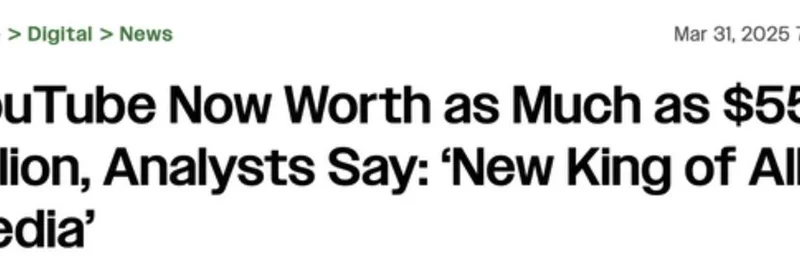Hey there, meme token fans and crypto aficionados! If you're deep into the world of blockchain and love riding the waves of viral coins, you've probably heard the buzz about Coinbase's recent run-in with regulators. Let's break down what happened with Coinbase Europe Limited (CBEL) and why it matters, especially if you're trading those fun, high-risk meme tokens.
It all stems from a tweet by BSCNews announcing that CBEL reached a settlement with the Central Bank of Ireland, agreeing to pay a hefty €21.5 million fine. This penalty is tied to breaches in monitoring obligations due to coding errors back in 2021-2022. But digging deeper via the official press release from the Central Bank, the story unfolds over a longer period—from April 2021 to March 2025.
What Went Wrong?
Coinbase Europe, part of the larger Coinbase Group, offers crypto asset and wallet services that let users buy, sell, and trade digital assets on their platform. As a regulated virtual asset service provider (VASP), they're obligated under Ireland's Criminal Justice (Money Laundering and Terrorist Financing) Act 2010 to keep a close eye on customer transactions. This means spotting any suspicious activity that could involve money laundering or terrorist financing and reporting it promptly via Suspicious Transaction Reports (STRs) to authorities.
The issue? Faulty configuration in their transaction monitoring system. Over a 12-month span, more than 30 million transactions—worth a staggering €176 billion—weren't properly monitored. That's about 31% of all their transactions during that time! These weren't small potatoes; we're talking massive volumes that slipped through the cracks due to technical glitches.
To make matters worse, it took Coinbase nearly three years to fully review and monitor those overlooked transactions. Once they did, they filed 2,708 STRs, highlighting potential links to serious crimes like money laundering, fraud, drug trafficking, cyberattacks, and even child sexual exploitation. Yikes—that's the kind of stuff that keeps regulators up at night.
The original fine was set at €30.6 million, but thanks to an early settlement and cooperation (what the Central Bank calls an "undisputed facts settlement process"), it got knocked down by 30% to €21.5 million. This marks the first enforcement action against a crypto firm by the Irish regulator and the fourth-largest penalty they've ever issued.
Why Does This Matter for Meme Tokens?
Meme tokens, those community-driven coins often inspired by internet jokes or viral trends, thrive on fast-paced trading and anonymity. Think Dogecoin, Shiba Inu, or the latest Solana-based pump. But crypto's borderless, pseudonymous nature makes it a magnet for bad actors looking to launder funds or finance illicit activities. Regulators like the Central Bank are cracking down to ensure platforms like Coinbase don't become unwitting conduits for crime.
For you as a trader or holder, this underscores the growing emphasis on compliance in the crypto space. Stricter AML (anti-money laundering) and CFT (countering the financing of terrorism) rules mean exchanges must up their game in monitoring. If you're using Coinbase to dabble in meme tokens, expect potentially more rigorous KYC (know your customer) checks, transaction scrutiny, or even delays in high-volume trades. It's all part of making the ecosystem safer, but it could add friction to the wild, speculative fun of meme coin trading.
On the flip side, this settlement shows Coinbase is committed to fixing issues— they admitted the breaches and worked with regulators. As the industry matures, events like this push for better tech and standards, which could ultimately build more trust and attract institutional money into meme tokens and beyond.
Broader Implications for Crypto
This isn't just an isolated incident. Crypto regulations are tightening globally, from the EU's MiCA (Markets in Crypto-Assets) framework to U.S. SEC actions. Ireland, as a hub for tech and finance, is positioning itself as a strict but fair regulator. For blockchain practitioners, it's a reminder to prioritize robust systems from the get-go. Coding errors might seem minor, but in a high-stakes field like crypto, they can lead to multimillion-euro headaches.
If you're building or investing in meme token projects, take note: Compliance isn't optional. Integrate strong monitoring tools early, and stay updated on regulatory shifts to avoid similar pitfalls.
Stay vigilant, folks— the crypto world moves fast, but so do the watchdogs. For more insights on meme tokens and blockchain news, keep it locked here at Meme Insider. What's your take on this? Drop a comment or hit us up on social!


